JournalismPakistan.com | Published January 30, 2018
Join our WhatsApp channel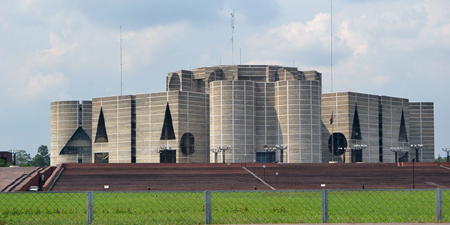
The International Federation of Journalists (IFJ) and the Bangladesh Manobadhikar Sangbadik Forum (BMSF) have express serious concerns over the provisions curtailing the freedom of expression in the draft of the Digital Security Act 2018.
The IFJ demanded that the Bangladesh government revise the draft act in accordance with the international standards.
Bangladesh’s Council of Ministers met on January 29 and approved the draft of Digital Security Act 2018, designed to combat ‘growing cybercrimes that are affecting many public and private organisations’. The draft will be now presented to the Jatiya Sangsad – the unicameral parliament for approval, where the ruling Awami League party holds a strong majority, and it is expected to pass.
The draft act seeks to repeal controversial Section 57 of the Information and Communication Technology (ICT) Act that deals with defamatory or other harmful contents online which has been used to silence critics and journalists. However, journalists and rights activists believe that the new draft is draconian and gags freedom of expression.
The proposed law has punishment provisions of life sentences for spreading negative propaganda against the Liberation War or the Father of the Nation using digital devices; up to five years jail term for deliberately publishing defamatory or false or distorted contents; up to 10 years jail term for hurting religious sentiments or hate speech or causing deterioration of law and order; and up to 14 years in jail on the charges of spying that includes illegally entering government offices to gather information or recording secretly using electronic devices.
The proposed law also empowers security agencies to search or arrest anyone without any warrant issued by a court if a police officer believes that an offense under the act has been committed or is being committed, or there is a possibility of crimes.
The IFJ said: “The IFJ is seriously concerned by the proposed Digital Security Act which, if implemented, will not only curb the freedom of speech and expression but also impede independent journalism. The Section 57 of the ICT Act was used arbitrarily to target journalists and curtain freedom of speech, and the IFJ believes the proposed act provides more grounds to grossly misuse the provisions to harass journalists and restrict freedom of expression. The IFJ urges the Bangladesh government and parliament to hold multi-stakeholder discussions and amend the draft to meet international standards before implementing it.” – IFJ media release

June 11, 2025: Pakistan celebrated a narrow win over Bangladesh, but beneath the jubilation lies a deeper crisis—from sidelined veterans to a collapsing domestic structure—signaling an urgent need for cricket reform.
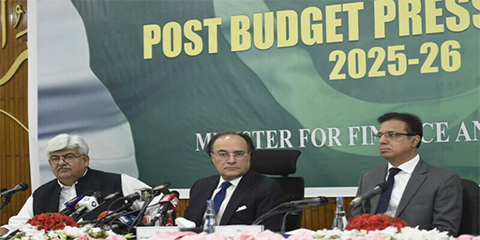
June 11, 2025: Journalists walked out of the post-budget press conference in Islamabad to protest the absence of a technical briefing and the government's dismissive behavior, calling it unacceptable and intolerable.
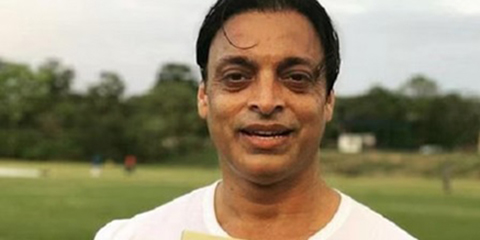
May 31, 2025: Dr. Nauman Niaz has issued a defamation notice to Shoaib Akhtar over derogatory remarks made during a recent broadcast, reigniting a longstanding media feud between the two prominent figures in Pakistan.

May 30, 2025: The Human Rights Commission of Pakistan has demanded the full repeal of PECA, citing its vague language, coercive powers, and threats to free speech and digital rights in Pakistan.

May 30, 2025: The Pakistan Federal Union of Journalists (PFUJ) has condemned the murder of journalist Syed Mohammed Shah in Jacobabad, calling for urgent justice and improved safety for media professionals in Sindh.

May 26, 2025: In Rawalpindi, police allegedly side with Jang Group to block 66 reinstated employees from resuming work despite court orders, drawing sharp criticism from unions and press freedom advocates.

May 25, 2025: PFUJ condemns the Jang Group's decision to dismiss over 80 employees in Rawalpindi, calling it an 'economic massacre.' The union warns of nationwide protests if workers are not reinstated.
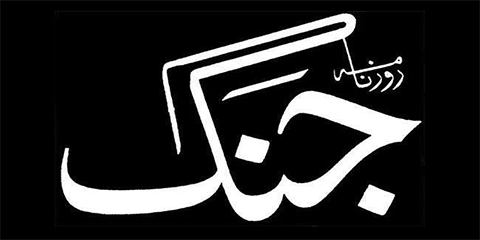
May 25, 2025: Daily Jang Rawalpindi has terminated over 80 employees, including female staff, despite multiple court rulings in their favor—raising concerns over labor rights violations and misuse of authority in Pakistani media.
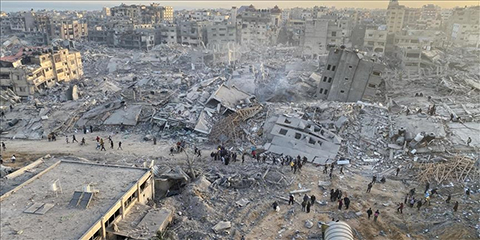
May 19, 2025 PJS reports 219 Palestinian journalists killed in Israeli attacks since October 7, with 30 women among the victims. Over 430 were injured and 685 family members were killed. Read more on the systematic targeting of media in Gaza.

May 15, 2025 Discover the legacy of Samiullah Khan, Pakistan’s legendary "Flying Horse," whose breathtaking speed and artistry redefined hockey. From Olympic glory to World Cup triumphs, his story is one of myth, movement, and magic.
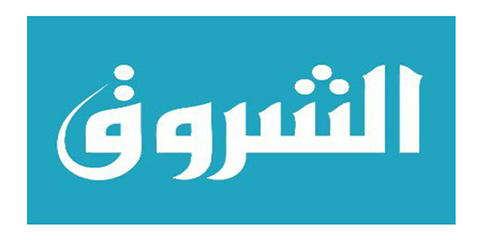
May 04, 2025 Algerian authorities suspend Echorouk News TV for 10 days after it used a racist slur against African migrants. ANIRA demands an apology, calling it a violation of human dignity.

May 04, 2025 NCHR and MMfD launch a journalism fellowship to train reporters on digital rights & gender inclusion in Pakistan. Supported by UNESCO, this initiative aims to bridge the gender digital divide. Apply by May 15, 2025!
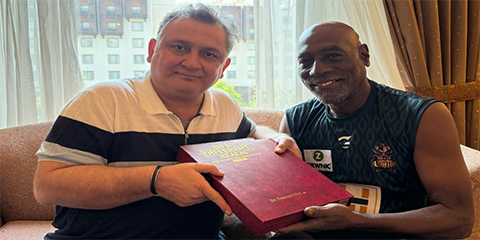
April 23, 2025 Discover Dr. Nauman Niaz’s In A Different Realm: Story of Quadruple & Triple Centuries 1876–2025, a profound exploration of cricket's most monumental innings, blending historical analysis with poetic narrative.